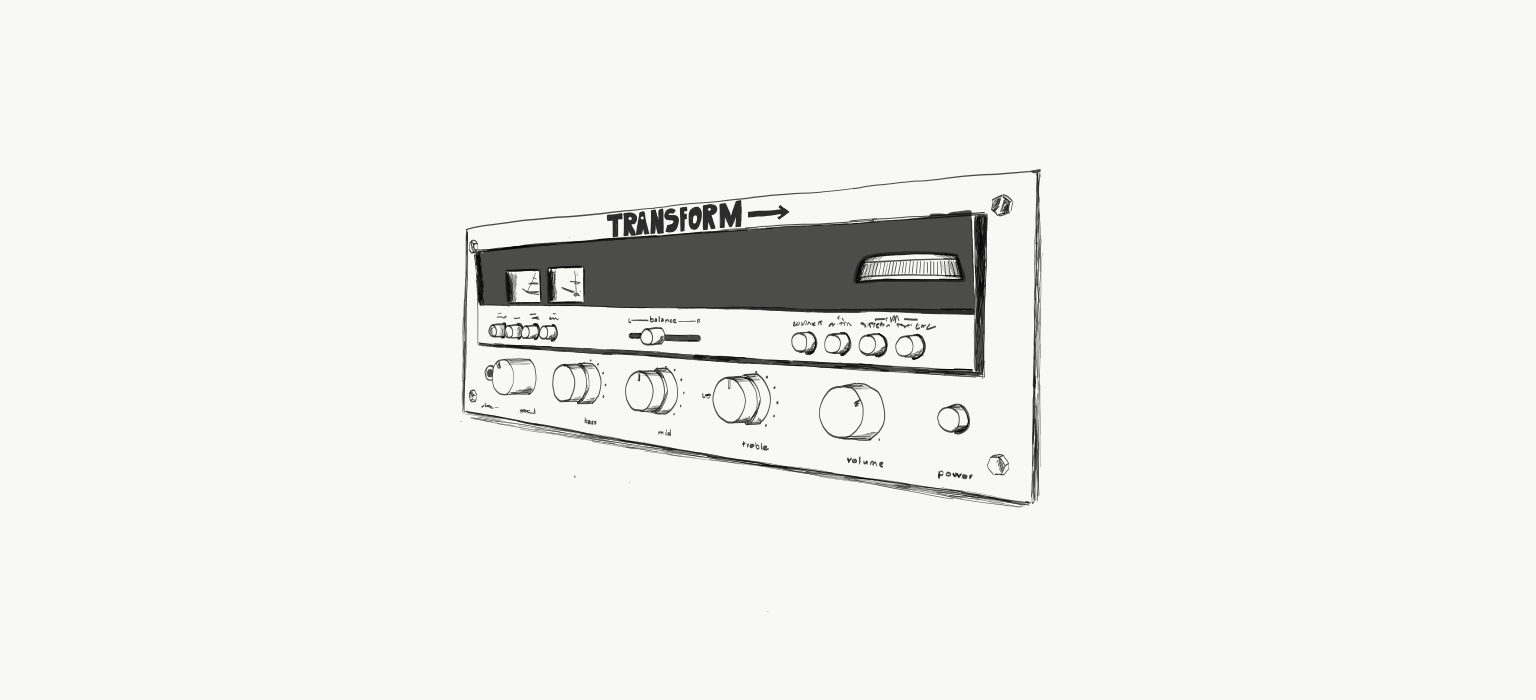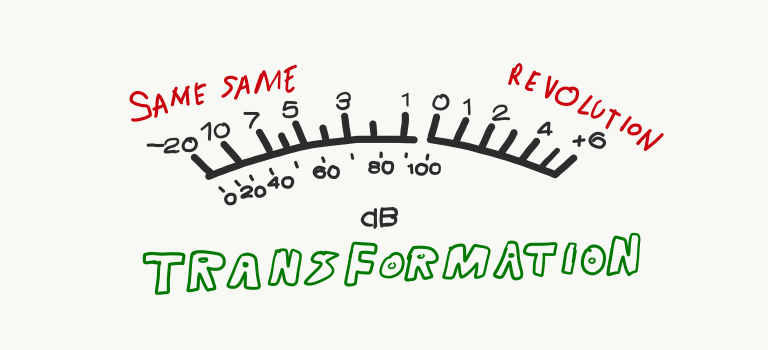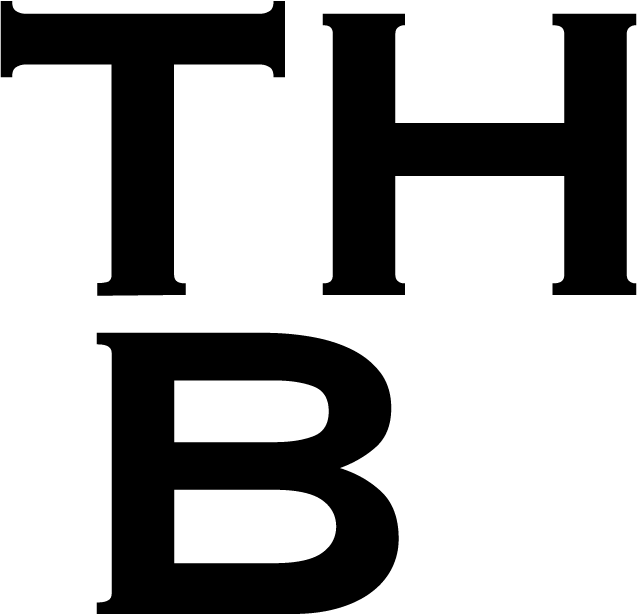
Smart Work: explained with 3 songs
“Really and actually becoming smart demands more time, than what it takes an management or HR consultant to put the word “smart” in front of a noun or a verb.” I wrote this some weeks ago in a previous article. Smart Working, as a concept, also largely exceeds legal and operational conditions. Although both important aspects, they first need to be based on a clear and felt mindset, a paradigm shift of what space, time and its interaction with work really mean for the long run. More than a way to get things done, I understand smart work as a challenging thought-process that finally, rather than re-inventing, shifts “work” back into the times we are living in, giving it a contemporary sense.
This article is the first of a series, as I am trying to elaborate a general smart working idea to be linked, integrated and intertwined with my general research and consulting work. I will start with basic ideas based on general knowledge. As a second step the development of different ideas, cases and concepts will follow. In this and future articles I do not really care, whether the word “smart” is absolutely needed or whether it is the right one to be used for this concept. I could also simply call it “contemporary work”, ”new work”. Or just ”work”… We pretty much all agree that there is nothing new about “new media” anymore. It is probably even more flagrant that the first smart-phones to have hit the stores in 1994 (IBM’s Smart Personal Communicator) or that the first iPhone of 2007 are absolutely un-smart, if not stupid, in comparison to today’s standards. So let’s not discuss the form, but the substance.
Contemporary Oldies
Reading the daily newspaper, browsing the shelves in good bookstores or checking the names of extracurricular workshops offered in business programs in higher education, one has to clearly notice that we live in times of change and disruption, both buzz-words of the moment. Depending on where you see yourself on the utopian / dystopian scale, times can be as good as never before, the same old same same, challenging, disruptive or just a few seconds before Armageddon… I let you chose!

Living in a possible “No-Fact-Zone”, as Steven Colbert called it so poignantly in his 2006 White House correspondents dinner’s address, 14 years ago, may be tiring. It is surely time-consuming, which is a complete no-go in an era considering time as a luxury. Amongst others, the environment, upcoming technology and social evolution have steadily changed the way we actually work (as an action) or especially how we define what work may be (as a concept). The definition of Smart Work, what it implies with it’s “hows” and ”whys”, should therefore start right here. Looking at our everyday actions and possible future tasks while working smartly, without attaching them to political or cinematic visions of utopia or dystopia, three paradigms seem to appear. I am well aware that this may be a crass simplification. These three paradigms produce three distinct ways to redirect, or correct if needed, the way we do and think business today. Ways that appear very similar and close to the ones presented by Oliver Sibony to tackle all different types of biases inhibiting clear decision making. I decided to present them in form of songs, as music and images have always helped me to process, understand and transmit ideas. Here are the three oldies (point of views) still as contemporary as it gets.
« Everything in its right place» (Radiohead, 2000)
“ Nothing new, disrupting is happening. Everything is in its right place and the bigger picture evolves in linear way. Things will follow their way. Yes, we may lose some jobs to AI or robots, but even more jobs will be created linked to technology. Growth will be maintained and everybody will be better of in the end. We may just need to correct certain approaches or strategies as we move along. Status quo.”
As with bias-training the unconscious reactionto the ongoing change is helping employees and managers recognize that there need to be some adaptions, not changes, to the business model and the way they work. This approach usually makes them aware that, despite their good intentions and proactivity, their company, product or service is far to often a step behind. In this cases Smart Work is often reduced to working from home a few days a month. Remote may be defined as smart.
« Harder, Better, Faster, Stronger » (Daft Punk, 2001)
“Everything is evolving and not just linearly. Certain things do even change. Some for the better, some for the harder. The cycle in which this evolution takes place is accelerating, exponentially, and getting too fast, some times. We will ask our staff when and where they would like to work. The management will finally take the decision to fully exploit this new direction.”
As proposed by Thaler and Sunstein in 2008 the company proposes a positive reinforcement of certain ideas. It finds indirect suggestions to influence the employees to comply with a smart “working-behavior”. The Nudging of Smart Work can therefore play out in completely different scenarios depending on the size and objectives of the company, ie. In this cases Smart Work is often reduced to working more “freely” in terms of schedule and office for the employee, while not being disengaged from the company’s classic and “old-school” control mechanisms. Staff may work smartly, but the objectives , the communication processes and the clocking-in mechanism are not.
« Talkin‘ bout a Revolution » (Tracy Chapman, 1988)
“We are witnessing and part of a revolution. Nothing will be as it was before. Certain philosophers draw parallels with the early 19th century and industrialization, the concept that brought us the idea of remunerated work, social security and the biggest wealth ever accumulated. This 4th industrial revolution is global, violent and fast (computation moves at the speed of Moore’s law). It forces us to rethink everything radically, to define new ethics. There is no status quo.”
Revolutions are deep and violent by nature and definition. One can never fully prepare or plan for their aftermath. It is a one way street into the unknown. An open-mind and creative approach can make a difference. In 2019 Ghez explained that this creative approach would give “the ability to transcend traditional ideas, rules, patterns, relationships, or the like , and to create meaningful ideas, forms, methods (or) interpretations, making the concept a synonym of originality and progressiveness. Creativity is an intersection of certainty, risk and uncertainty“ allowing the company to make proactive structural and strategic decisions. Through this paradigm Smart Work takes on an entirely different shape. It is a completely “new” Way to see and consider work, its distribution and processes et cetera. The before mentioned series of articles will try to elaborate this more in depth.
Let’s agree to disagree
There seems to be agreement on the fact that we are currently running through a change process that is much bigger than the economic or entrepreneurial sphere. We do, on the other hand not agree on the final impact this change will have and how to rightly tackle it. Looking at it from a neutral point of view Smart Work can therefore be defined as the possibilities of how we link single processes, machines, applications and human beings; Links that are only thinkable and fully possible due to digital transformation. Finally allowing complete independence of space and time. (Kraft & Peter, 2017) This work-philosophy would need to be clearly centered around applicable ideas of freedom (of action), creativity, personal development, self-reliance and participation. It needs to reflect current changes of society such as demographic evolution, globalization and a new value system, amongst others. Applying these changes to a macro (societal) and micro (company) level will self evidently lead to a new comprehension of work and possible new claims for it.
Except a few neo-luddites, nobody is seriously questioning that technology, especially the computational and big-data aspect of it, will be of growing influence everywhere. This ongoing digital transformation will affect politics, communication and society in ways we can hardly understand, let alone quickly agree upon. Serious, unbiased discussions with follow-up proposals are needed. Smart Work will be the way to do business and elaborate tasks for employees and managers, however horizontal or free their organization may be built and wherever their offices may be.
References:
Colbert, S., Speech at the White House Correspondents’ Dinner. (2006): link
Sibony, O., You’re about to make a terrible mistake!. (2020), Little Brown Spark
Thaler, R., Sunstein, C., Nudge. (2009), Penguin Books
Ghez, J., Architects of Change. (2019), Palgrave Macmillan

